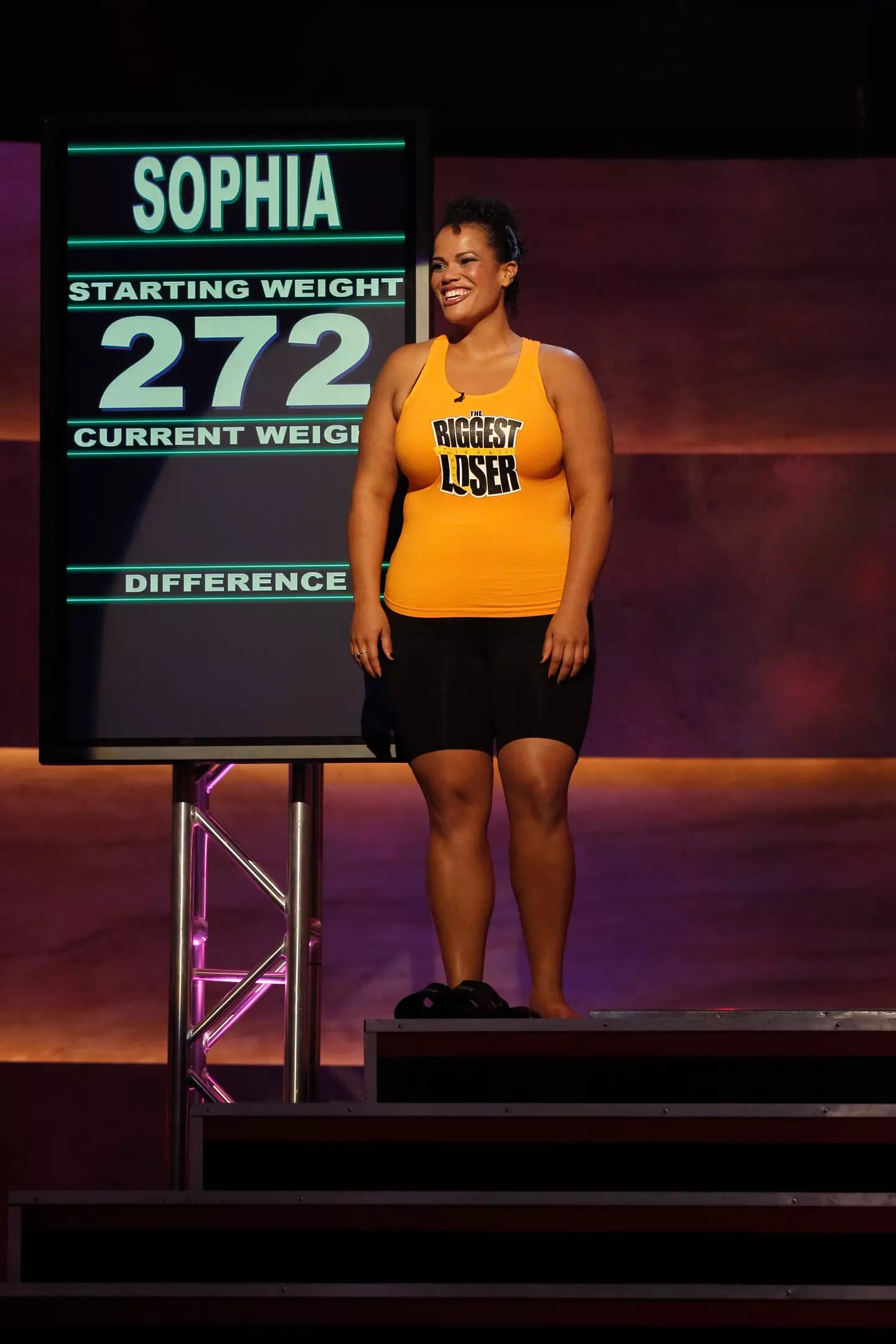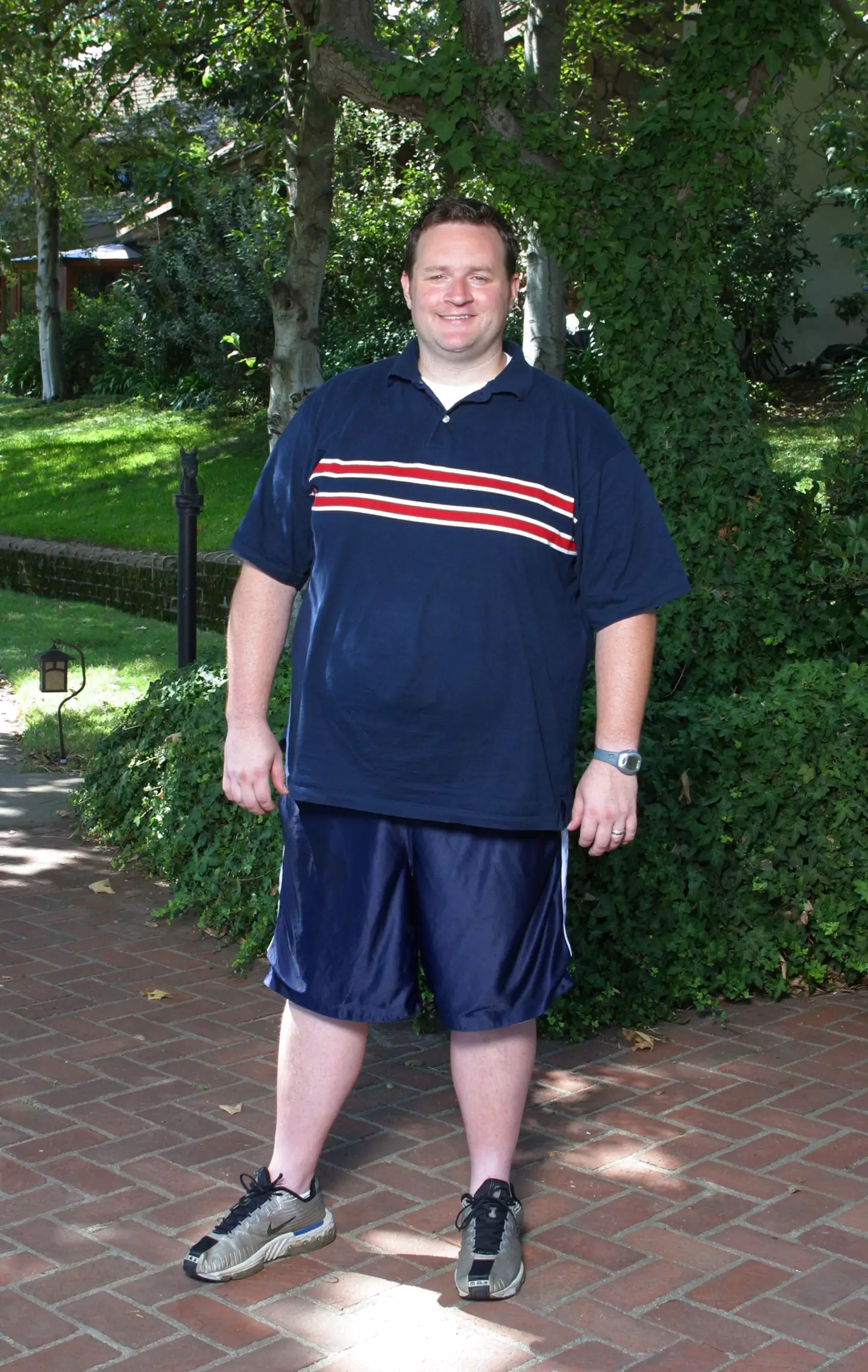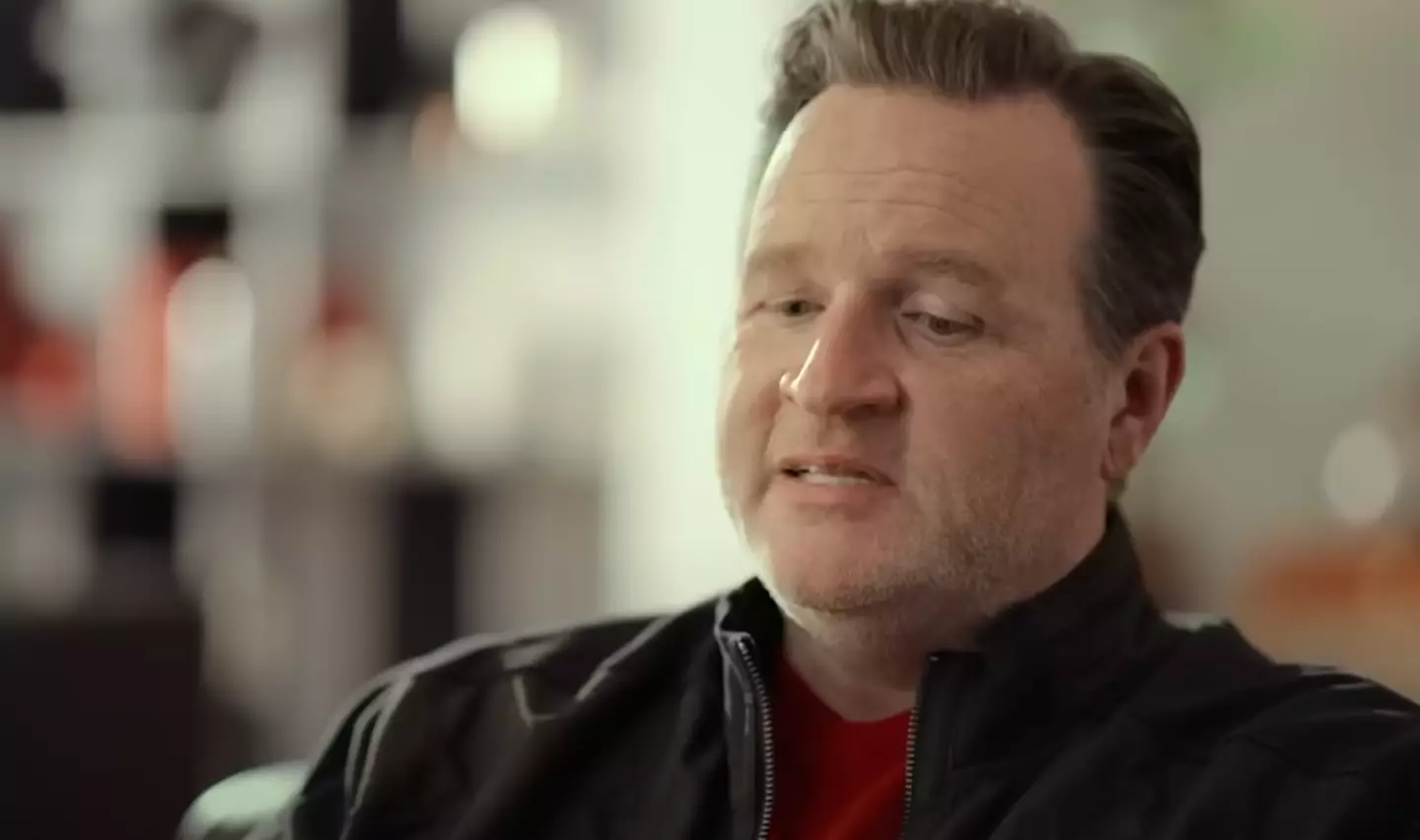
By and large, I think we can agree the noughties were pretty mean-spirited times.
It was a difficult time to be overweight, unstylish, sexless, working class, a footballer, a footballer’s wife, and on the LGBT spectrum, to name but a few. If you weren’t getting torn to shreds by the tabloids, TV producers would pick up the slack.
We aren’t saints in the modern day, of course, with plenty of nastiness still swirling around the media landscape, but it’s quite galling to be reminded of just how grim things could get back in the 00s and early 2010s. Reality TV was so often akin to bear-baiting that it’s hard to imagine how easily we all lapped it up.
One show in that vein was The Biggest Loser. The format followed a roster of obese contestants as they battled to lose more weight than their counterparts. To get there, they would undergo brutal exercise regimens and crash diets, all under the supervision of taskmasters Bob Harper and Jillian Michaels.
Advert

Harper and Michaels would have the occasional tender moment with contestants when they weren’t demanding to hear them ‘gargle on their heart’, but the mode was generally that of a bullying military drill sergeant.
The US version of the show ran for 18 seasons on NBC, and some international versions are still airing today. With over a dozen iterations of the show across Algeria, the UK, Australia, Argentina and the Philippines to name just a few, it’s clear there was a big appetite for the format.
On the US version, some contestants would lose over 100 pounds – sometimes even reaching 200 – over the course of a season. Unsurprisingly, many contestants soon regained that weight once they were out of the boot camp whose regimens were never likely to be replicated in the real world.
Netflix has now released a three-part documentary covering the show, with contestants, producers, the show’s doctor and trainer Bob Harper all making appearances. Jillian Michaels reportedly declined to participate.
The show, which ran from 2004 to 2016, was cancelled before being rebooted in 2020. Its reboot was also cancelled after one season.
By the time of its first cancellation, controversies around the format and the fixation on contestant’s weight over their physical and mental health were already in full swing.

In Fit for TV: The Reality of the Biggest Loser, Netflix 'takes a look behind-the-scenes, exploring its cultural relevance and complicated legacy', and it’s the accounts of the former contestants that make for the toughest watching.
In order to compete for the $250,000 prize on the US version of the show, contestants would undergo 10-day fasts whilst partaking in intense physical regimens.
“On their weight loss journeys, contestants were separated into teams and created workout and nutrition plans with trainers,” said Netflix.
“The teams would compete in various challenges for prizes - like physical competitions or willpower tests - such as ‘temptations’ in which contestants were tempted by high calorie food or drinks.”
Each season’s winner was the contestant who lost the highest percentage of their starting weight.
Ryan Benson, the first season’s winner, said of his experience: “This was the first reality show where people make a physical change. That weight that we were losing was real. You can't fake that.”

As the show progressed, he admitted that he 'lost all focus about getting healthy, and the focus became winning' and said he has a PTSD-like response to some elements of the show.
“The final episode was a live episode,' he said. “We are here live in Hollywood. They were doing it in the same studio where they filmed American Idol. During the final weigh in, i's just so nerve wracking.”
He continued: “It worked out great, because I won, but I was doing what most doctors would say were super unhealthy things.
“The last 10 days, I didn't put any food in my body. I was doing the master cleanse - drinking lemon juice and maple syrup and cayenne pepper - all these tricks that are super unhealthy, just to cut weight.

“At the final weigh in, we had to do a urine test. They said, ‘Ryan, there's blood in your urine, which obviously means you're so dehydrated’.”
He claimed that Michaels, upon congratulating him on his win, said: “Ryan, you just made me a millionaire.”
Michaels has denied saying this to Ryan, responding to a request for comment from the Daily Mail.
The master cleanse, also known as the maple syrup diet, was also infamously used by Beyoncé as she shed the pounds for her role in Dreamgirls.
"I figured in the '60s Twiggy was the hot model, and Diana [Ross] and Cher and all the legends were thinner than I am," she told Oprah at the time.
"So I decided I wanted to lose weight and make a physical transformation. And it was difficult because I love food. I love to eat. I did a fast - a master cleanser for 14 days. Everybody was eating Krispy Kremes around me. I was grouchy, but I did it and I lost the weight."
Of course, the diet not only leaves you feeling tired, irritable and low on energy, it also leaves you dangerously short on a tonne of essential nutrients, fibre, and healthy blood-sugar levels.
Beyoncé supposedly followed the diet for two weeks, but later denounced in, saying that she was 'happy' with her 'curves'.
Topics: Health, TV and Film
